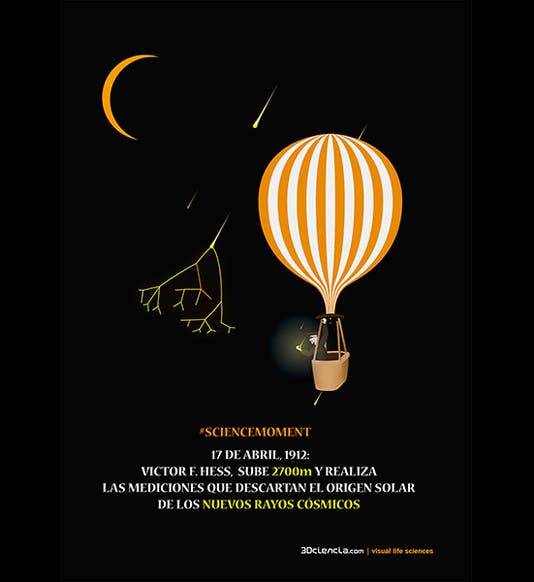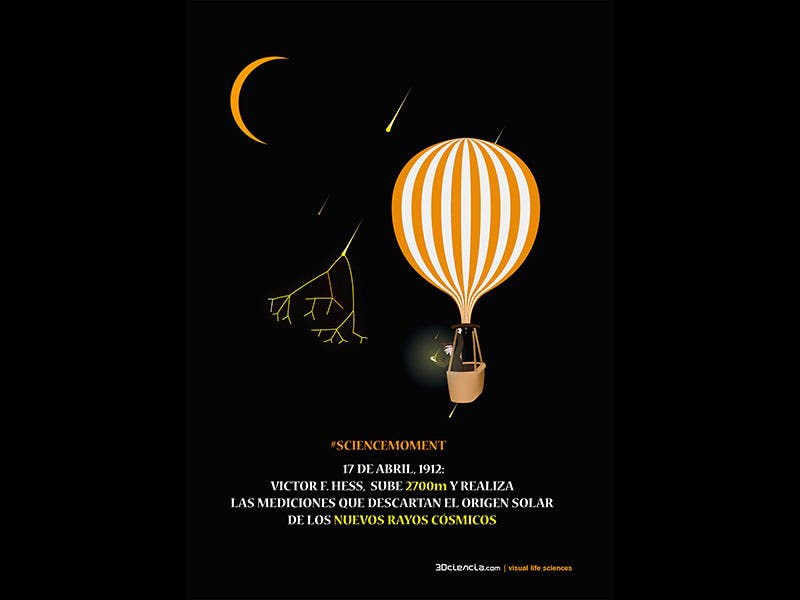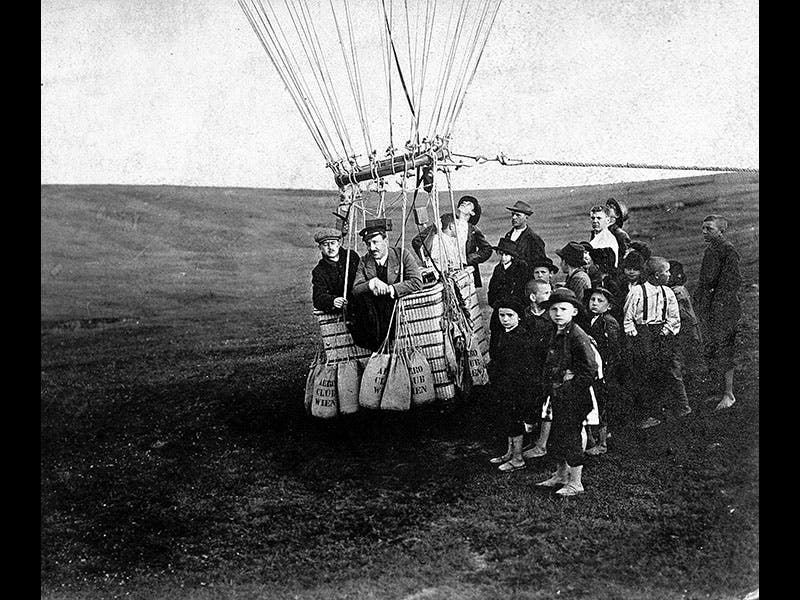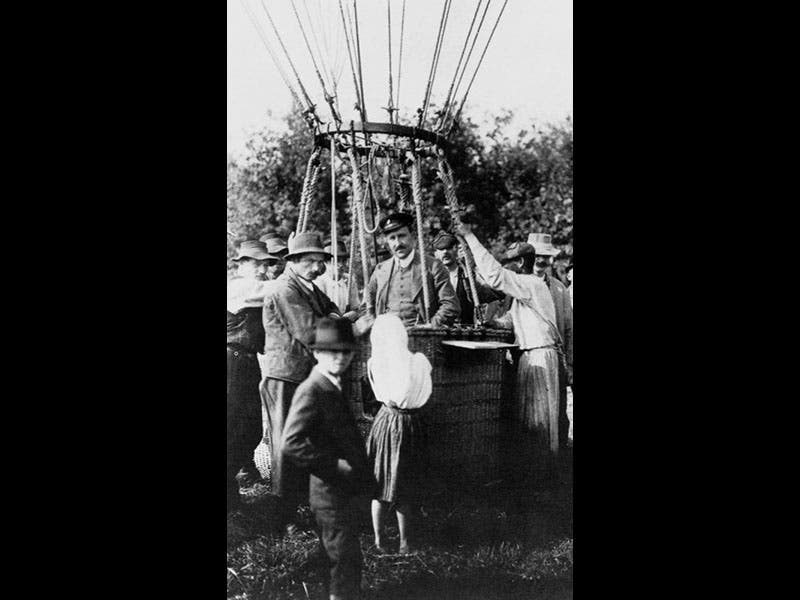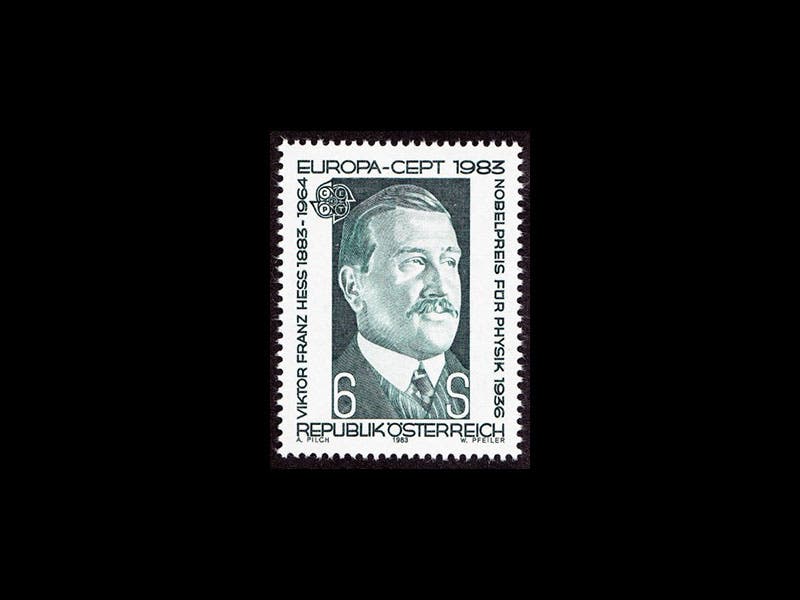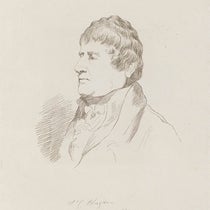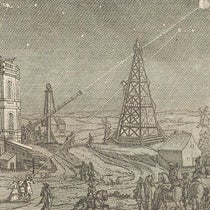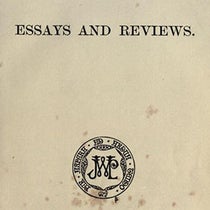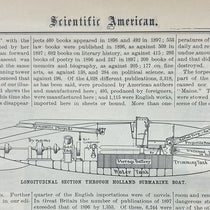Scientist of the Day - Victor Hess
Victor Franz Hess, an Austrian physicist, was born June 24, 1883. In 1911-12, Hess was studying ionization in the atmosphere. Most scientists thought that electrically charged particles in the atmosphere were ionized by radiation from the earth, and that therefore the higher up you went, the less electrical activity you would find. Hess launched high-altitude balloons with detection equipment, and found that radiation decreased up to a certain height, and then the ionization began to increase to a surprising extent. When others suspected that his instruments were malfunctioning, Hess launched himself in balloons along with his equipment, to altitudes of several miles. His instruments had not lied; some kind of radiation was coming in from outer space to ionize the air. In 1925, Robert Millikan called these "cosmic rays". In 1936, Hess received the Nobel Prize in Physics for his discovery of cosmic rays. Shortly thereafter, with the rise of Nazism in Europe, Hess came to the United States, and he ended his career at Fordham University in New York City, studying the medical effects of radium and radon gas. On the centennial of his birth, Austria issued a commemorative postage stamp in Hess’s honor (fourth image).
One of Hess’s flights occurred on Aug. 7, 1912, when he rose to an altitude of over 17,000 feet and brought back conclusive evidence of the extraterrestrial origin of cosmic radiation; we have photographs that document the landing of this flight (second image) and another unspecified flight (third image). On April 17, 1912, there was an eclipse of the Sun, and Hess supposedly flew that day as well. We have no photographic record, but a modern blogger has created a beautiful poster commemorating the day, with eclipsed sun, Victor, balloon, and cosmic rays in colorful evidence (first image).
Dr. William B. Ashworth, Jr., Consultant for the History of Science, Linda Hall Library and Associate Professor, Department of History, University of Missouri-Kansas City. Comments or corrections are welcome; please direct to ashworthw@umkc.edu.

